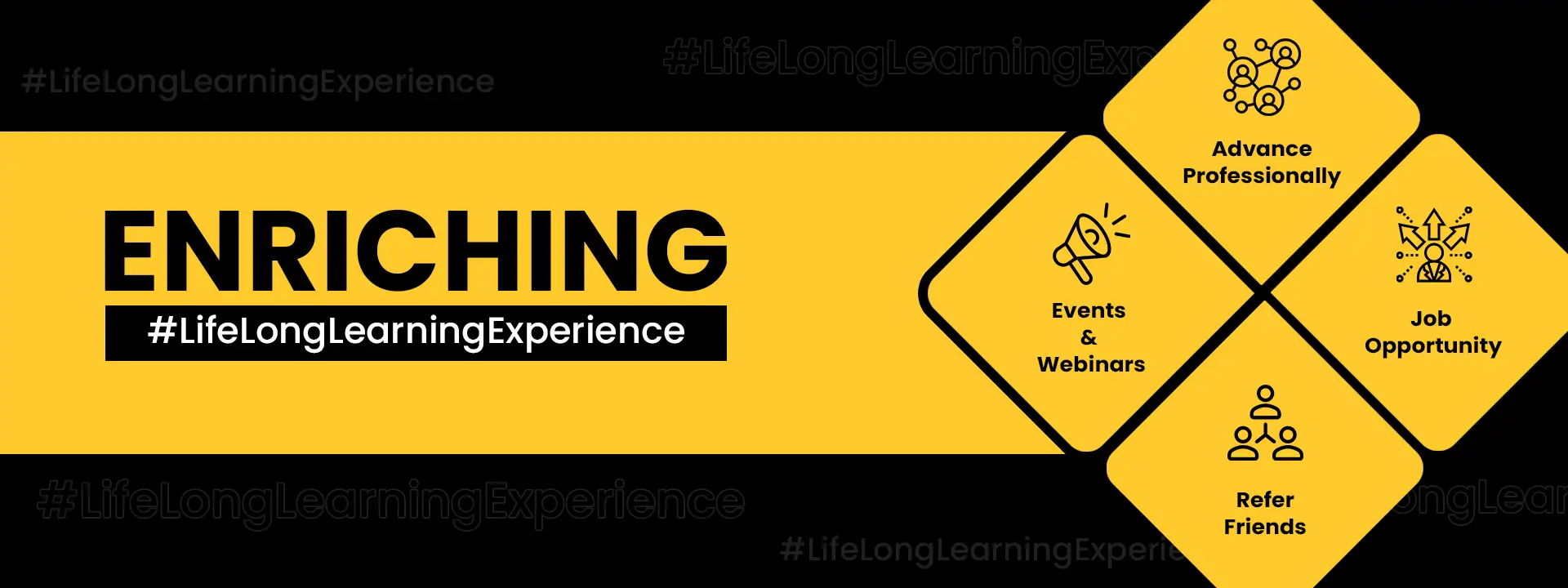
Online Finance Program
Mastering the World of Financial Management
Topics Covered by Finance Courses
Ultimately, learning finance from leading business schools and universities empowers you to navigate complex financial landscapes, make sound financial decisions, and propel your career forward. Invest in your future by enrolling in finance courses from renowned institutions and unlock the potential for professional growth and success.
Overview: Financial Management or FinTech Intakes
Eligibility Criteria
The eligibility criteria for financial management programs depend on the institution and program level. Generally, candidates applying for a finance program at the undergraduate level must have completed their high school education or equivalent. Some institutions may require applicants to have a background in mathematics, accounting, or business studies.
For a postgraduate program in finance, applicants are required to hold a bachelor’s degree in finance, economics, business administration, or a related field. Some programs may also consider candidates with relevant work experience in the finance industry which can elevate their potential to be able to pursue such an intake.
Syllabus for Online Finance Program
Career Growth Opportunities after Financial Management
Desirable In-Demand Skills in the Finance Industry
In the field of finance, there are several desirable and in-demand skills that can enhance your career prospects. Here are some of them:
It’s worth noting that the specific in-demand skills may vary based on the specific roles within the finance industry, such as investment banking, corporate finance, risk management, financial analysis, or financial planning. It is beneficial to keep up with the latest industry trends and developments to identify emerging skills and areas of expertise.
Average Projected Salary Growth
| Job Profile | Average Salary Status |
|---|---|
| Director Finance | INR 43.8LPA |
| Senior HR Manager | 13 L |
| Regional Finance Head | INR 28.5LPA |
| Finance Head | INR 24.0LPA |
| Senior Manager Finance | INR 20.0LPA |
| Cluster Manager | INR 18.1LPA/td> |
Program Prelude
Financial Management Program Admission Process
Gain valuable insights into the admission process, including application requirements, interviews, recommendation letters, and any additional steps involved in securing a spot in a reputable Management and Leadership program from the world’s leading universities and institutes. Follow the instructions to make the application procedure as smooth as possible.
Ranking & Accreditations

Seeking Career Guidance or Advice?
Jaro Connect— Alumni Portal Enriching #LifeLongLearningExperience

The Career Preps for Finance Professionals
Identify your strengths, weaknesses, and interests to find a career path that suits you.
Research different career options and job prospects before making a decision.
Develop a professional resume and cover letter that highlight your skills and experiences.
Build a strong professional network through networking events and social media platforms.
Prepare for interviews by researching the company and practising common interview questions.
Stay up-to-date with industry trends and developments to remain competitive in your field.
Seek feedback from mentors and colleagues to improve your skills and performance continuously.
Consider upskilling through additional courses or certifications to stay relevant in the job market.
Maintain a positive attitude and be open to new opportunities and challenges.
Unleash the benifits that await you with Jaro Value adds.
+
Career Transformed
+
Programs from Diverse Domains
+
World’s Leading Academicians Partners
+
Learning Centres across India, USA & Singapore
+
Top NIRF Ranked Indian Institutes & Universities
+
Top QS Ranked Global Institutes & Universities
Navigate Through Our Yardstick of Success


















